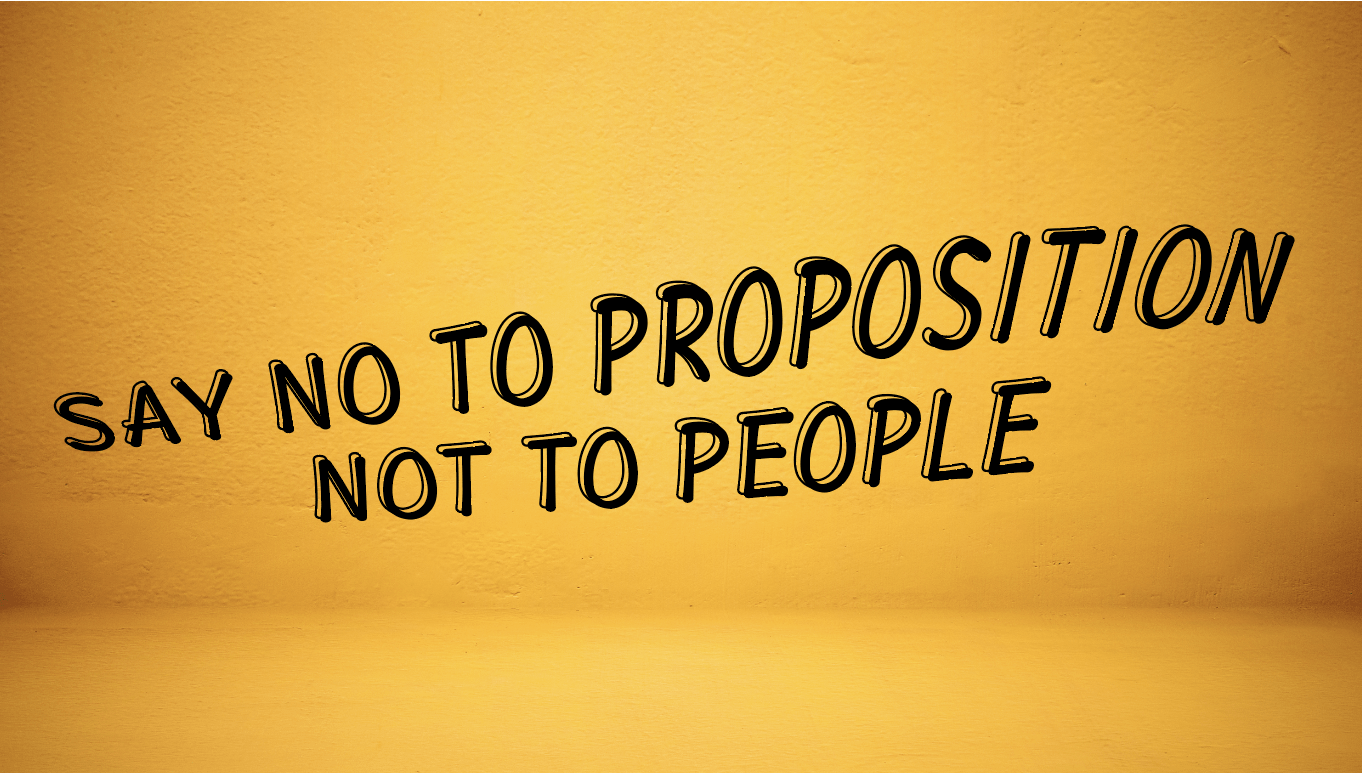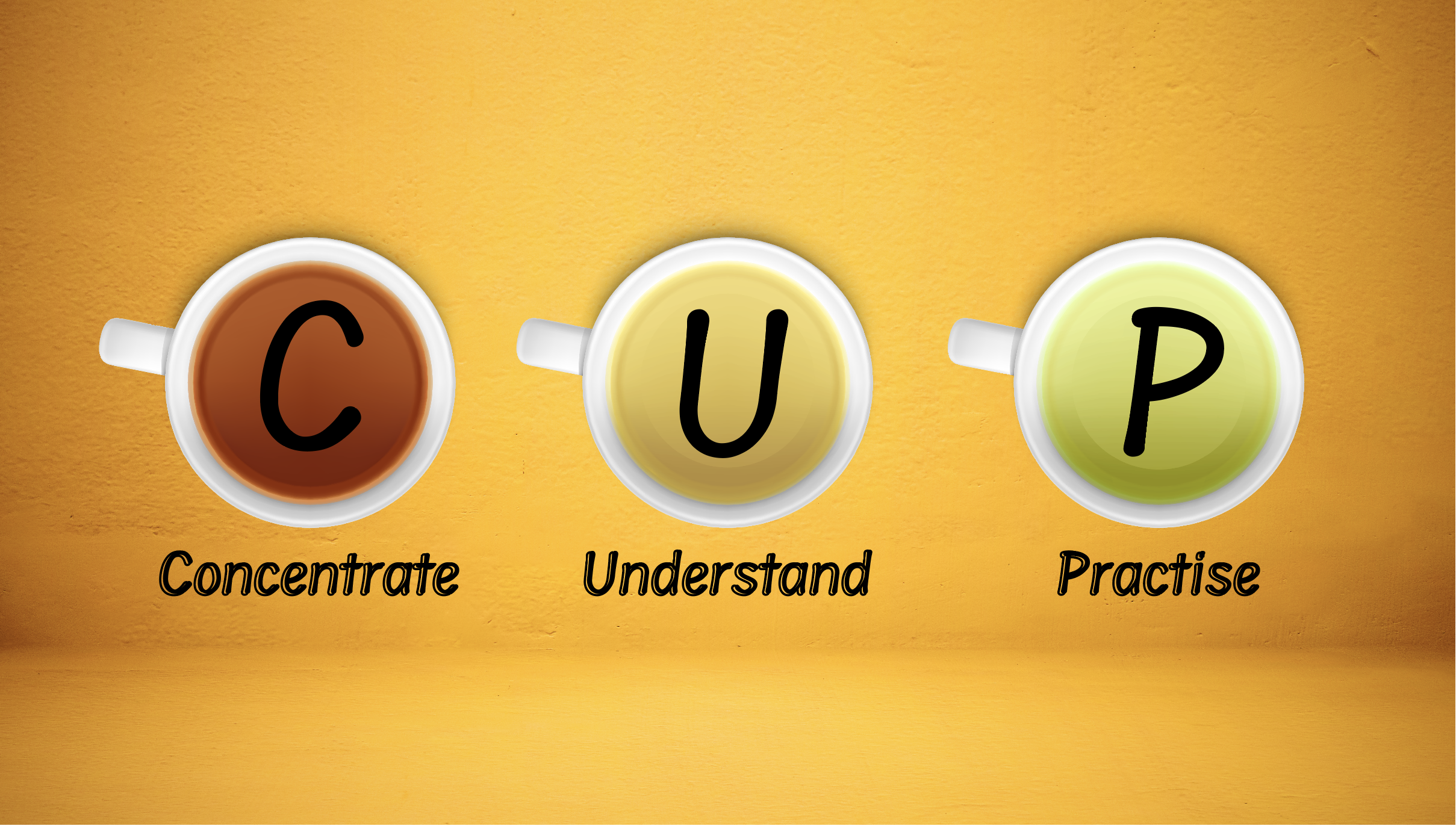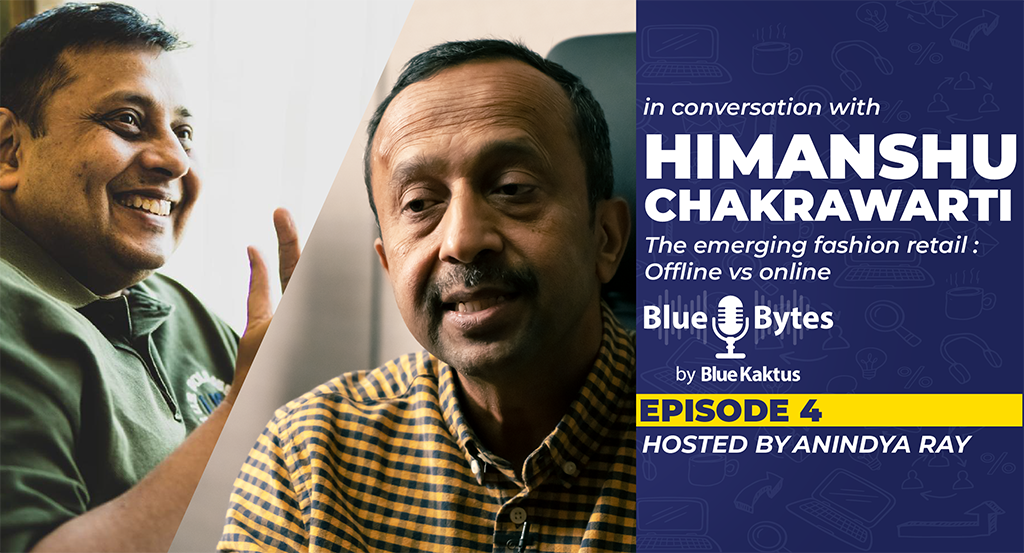Thoughtful NO and Better YES
We try to avoid or minimize using the word NO as much as possible. Right?
Most of us believe NO is a negative word. In my view, it all depends on When, Where, and with Whom we use and in which context. Power and the impact a positive NO can create is immense & it is the deciding factor of the growth path for companies and individuals.
Today most of the businesses, employees, and students across the textile & apparel ecosystem are expected to do more work in less time. Be it owners, Vice Presidents, or interns of the company. People say yes to the demands and for assignments because they want to show themselves as collaborative individuals, team players, or simply being nice to others. They don’t want to say NO because it may hamper their relationship or prospects of moving ahead in the company.
Ever since businesses /companies started working more cross-functionally and collaboratively, exchanging top-down management for dotted-line reporting with fuzzy accountability, work has gotten more complicated. All-day every day, most of us are fielding requests. The asks are formal and informal, large and small. They’re not just from direct bosses and teammates but also from “internal customers” all over the organizational chart. Add to this the demands of external stakeholders, of family, friends, and acquaintances, and sometimes even of strangers. The requests keep coming—across tables and through zoom screens, by phone, e-mail, and instant message.

Timing & Impact of NO and YES
Now more than ever, your professional success and personal well-being depend on how you manage it. You can’t say yes to everyone and everything and do all of it well. When you take on too many or the wrong things, you waste time, energy, and money and distract yourself from what’s important. Still, no one wants to disappoint colleagues or other contacts—or, worse, turn down key career and life opportunities.
You must therefore learn when and how to say both NO and YES. A considered NO protects you. The better YES allows you to serve others, make a difference, collaborate successfully, and increase your influence. You want to gain a reputation for saying no at the right times for the right reasons and make every single yes really count.
But if a person continues to say yes to every request, then it may hamper his/ her work schedule as well as the organizational goal. Saying NO can sometimes be an asset to your career.
I believe in the principle of

How do you do it?
CUP is the way for the same.
It has three parts:

Concentrate
When making a financial investment, most of us do some due diligence—seeking out more information so that we can make a sound judgment. When you say yes or no to a request, you’re deciding where to invest your resources, so give this choice the same careful consideration. That starts with insisting on a well-defined ask. Sometimes the ask is sloppy, so you misunderstand: It sounds like more or less than it is, or it sends you off in the wrong direction. That’s why you ought to help yourself and the asker by getting critical details about the request. You can develop a reputation for being highly responsive if you engage in this way. It doesn’t mean you’re agreeing to the ask. It simply signals that you’re taking your counterparts’ needs seriously, whether you can help or not.
Understand
You should ask questions and take notes, clarifying every aspect of the request, including the costs and benefits. What is today’s date and time? (This will help to track) Who is asking? What is the deliverable being requested? Be specific. By when does it need to be accomplished? What resources will be required? Who is the source of authority? Do you have that person or group’s approval? What are the possible benefits? What are the obvious and hidden costs?
The bigger or more complicated the ask, the more information you should gather. Sometimes honoring the request is out of the question. If you tried to drill down into every micro ask, people might accuse you of creating ridiculous bureaucracy. And they’d have a point. But the vast majority of requests will deserve at least some further investigation before you make a call on them. You’ll find that small asks can balloon into big ones or that what at first sounds impossible turns out to be much easier than you assumed. You might see that a seemingly silly ask is actually smart, or vice versa. That’s why understanding & recording the needs should become a rock-solid habit for everything except the most minor and urgent requests.
Be sure you share your list with the asker to confirm that you’re on the same page. Imagine the confidence your counterparts will gain in your promises if they see you’re creating a mutually approved record of what they need—and how much more readily they’ll accept your judgment of yes or no.
Now you are clear with C & U that you can conclude whether to say NO or YES. if you want to say NO then it requires P
Practise
A thoughtful NO, delivered at the right time, can be a huge boon, saving time and trouble for everybody down the road.
A bad no, hastily decided, causes problems for everybody, especially you. Bad nos happen when you haven’t properly assessed (lack of concentration) the ask; when you let decisions be driven by personal biases, including dislike of the asker or dismissals of people who don’t seem important enough; or when you decline simply because you’ve said yes to too many other things and don’t have any capacity left. Bad nos often cause you to miss out on meaningful experiences and are also more likely to get overruled, leaving hard feelings on both sides.
A good NO is all about timing and logic. You should say no to things that are not allowed, cannot be done, or that, on balance, should not be done. It cannot happen overnight, by regular practice we can improve ourselves on the thoughtful NO. Below is the small video to learn the Power of Positive NO.
https://www.youtube.com/watch?v=OvrW-jTVCvE
Better (an effective) Yes
Every good no makes room for a better yes—one that adds value builds relationships and enhances your reputation. What is a better yes? It’s aligned with the mission, values, priorities, ground rules, and marching orders from above. It’s for something that you can do, ideally well, fast, and with confidence. In other words, it involves an opportunity to build a new one. It allows you to make an investment of time, energy, and resources in something that has a high likelihood of success and offers significant potential benefits.
The key to a great yes is clear communication and a focused plan for execution. First, explain exactly why you’re saying yes: You can enrich the project, you want to collaborate, you see the benefits. Then pin down your plan of action, especially for a deliverable of any scope. Make sure you agree on the details, including what the requester needs from you, what you will do together, how and when the work will be done, who has oversight, and when you’ll discuss the issue next. If this is a multistep process, you might need to have several of those conversations as you go along.
Conclusion
Most people have too much to do and too little time. Saying yes to requests from customers, bosses, teammates, and others can make you feel important but can be a prescription for burnout in terms of financial & emotional aspects...
The only way to be sustainably successful is to get good at saying NO in a way that makes people feel respected and to say YES only when your reasoning is sound and you have a clear plan to make it happen which benefits individuals as well as the businesses.
So, the success lies in saying thoughtful “NO TO PROPOSITION NOT TO PEOPLE”.
RELATED TOPICS:#Apparel,Ramesh Gunasekaran
Leave a comment
Our email address will not be published. Required fields are marked *







25 Comments
Online medicine shoppingJun 17, 2023 at 07:12 am
Hey there I am so delighted I found your site, I really found you by accident, while I was researching on Bing for something else, Anyways I am here now and would just like to say kudos for a remarkable post and a all round entertaining blog (I also love the theme/design), I don’t have time to read through it all at the moment but I have bookmarked it and also included your RSS feeds, so when I have time I will be back to read much more, Please do keep up the awesome b.
1371Jan 30, 2023 at 16:29 pm
1371
1129Jan 24, 2023 at 03:55 am
1129
Buy viagra onlineOct 10, 2022 at 13:48 pm
Your means of explaining everything in this post is truly fastidious, every one can simply be aware of it, Thanks a lot.
Viagra without a doctor prescription usaSep 28, 2022 at 18:08 pm
Howdy! Quick question that's entirely off topic. Do you know how to make your site mobile friendly? My site looks weird when viewing from my iphone4. I'm trying to find a template or plugin that might be able to fix this problem. If you have any recommendations, please share. Cheers!
CialisAug 16, 2022 at 03:38 am
That is very interesting, You are an excessively professional blogger. I have joined your feed and sit up for looking for more of your magnificent post. Additionally, I have shared your website in my social networks
Canada pharmacyJul 27, 2022 at 11:07 am
I could not resist commenting. Well written!
Ramesh.gJul 19, 2021 at 14:55 pm
thanks Uvraj for your reply.
Uvaraj aJul 04, 2021 at 12:54 pm
Needy article for all levels of professionals not only for textile industry ., great Ramesh ., thank you
Ramesh.GJul 03, 2021 at 12:33 pm
Thank you ? Senthil.
SenthilJul 02, 2021 at 06:41 am
A very insightful article Ramesh. Thanks for sharing.
Ramesh.GJul 01, 2021 at 10:16 am
Thank you kotte
Ramesh.gJun 29, 2021 at 16:42 pm
you are right logu, but when it comes to profession it is challenging to do things based on what your heart says, that's where people struggle to manage. however in the interest of what is good for individuals & company we should decide is my view.
Ramesh.gJun 29, 2021 at 16:39 pm
happy to have your views surya, appreciate your efforts in taking time & sharing your feedback.
Ramesh.gJun 29, 2021 at 16:38 pm
thank you nanda
Ramesh.gJun 29, 2021 at 16:37 pm
thank you suresh, i have seen this you applied in your work practice
Ramesh.gJun 29, 2021 at 16:35 pm
Thanks Vk for your comments, much appreciated.
Ramesh.gJun 29, 2021 at 16:33 pm
Completely agree with you Venkatraj, most of the time people realize this after they are not able to deliver repeatedly.
Jagadesh KotteJun 28, 2021 at 21:21 pm
Nice article Ramesh...
VENKATARAJ LAJun 27, 2021 at 23:18 pm
Good article and need of the hour in this pandemic time. A lot of work pressure and good to "learn to say NO". It's better to say NO than say YES and not deliver.
Loganayagam. SJun 27, 2021 at 18:41 pm
Saying Yes / No should come from our heart not from our brain. Not because to attain any personal / official gain. If so should be a temporary one. Any have during this pandemic calamities most of the NOs are crossing in our Life. Good attempt to be one human being
SuriyaprakashJun 27, 2021 at 15:55 pm
A good to read n practise guide for the people who couldn't take right decisions at difficult situations with respect to accepting new projects n workloads, Good Job Ramesh ji,
S N SureshJun 27, 2021 at 14:08 pm
Well written Ramesh. Completely agree to the point. Some times we need to say No
NandaGJun 26, 2021 at 22:23 pm
Your Articles are very much interesting n meaningful. Tks a lot and keep going! Regards
Vijaya KrishnanJun 25, 2021 at 20:42 pm
Good Thought Ramesh. We have to say NO at times, where we would not regret later . Practise comes later and C U is really important. See you?